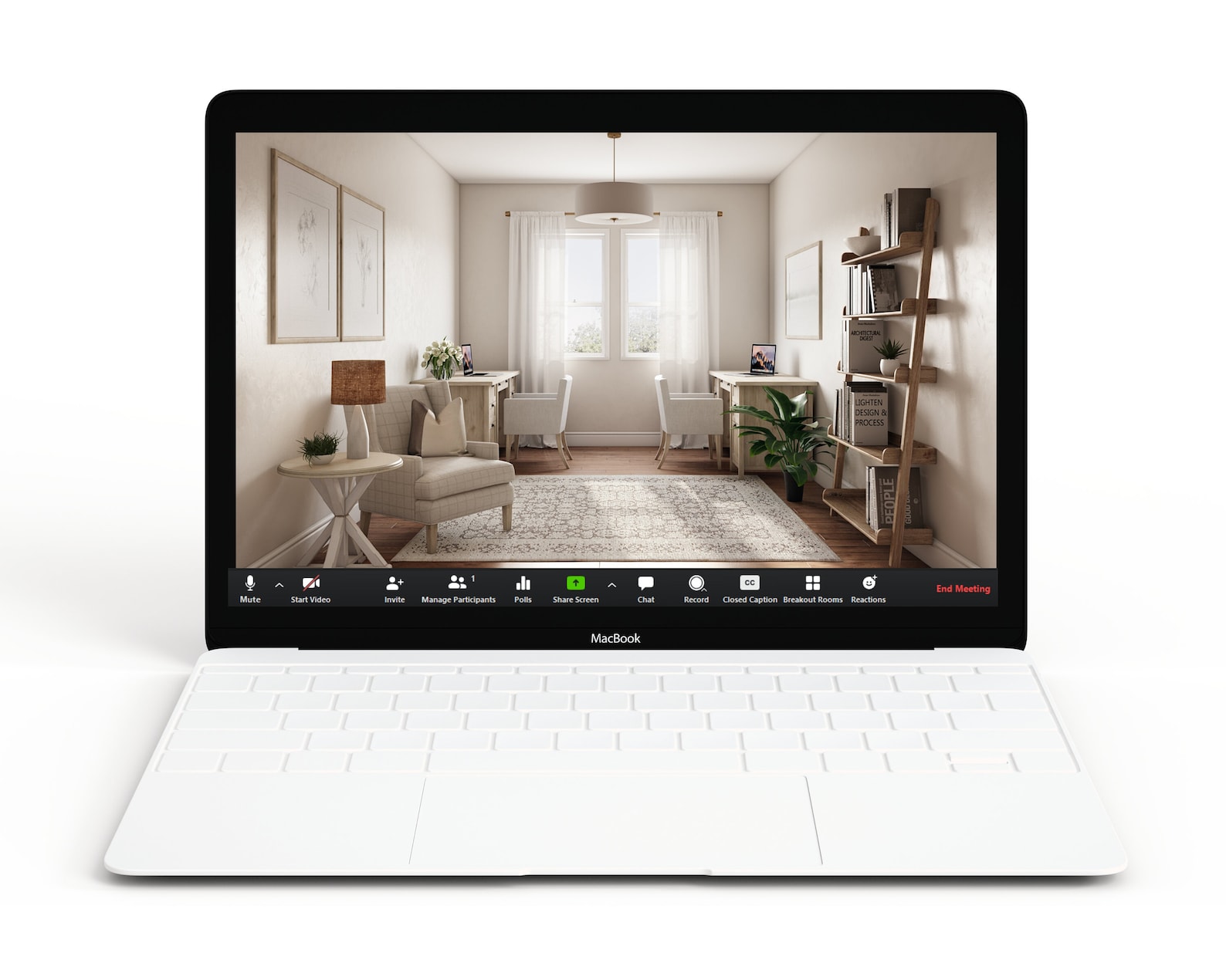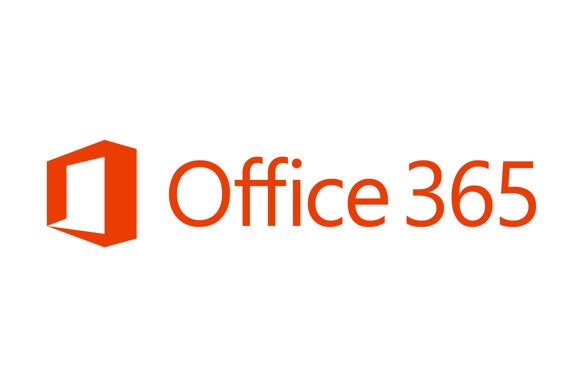

Microsoft also throws in a few extra benefits such as 1TB of cloud storage and full access to Microsoft Teams. You can also save your work to the cloud, similar to Google Docs. The main benefit to opting for Microsoft 365 is that you’ll get regular updates for as long as you’re a subscriber, with no need to jump from one version to the next every few years, and no headaches about file compatibility. There’s also a special free version for students and university staff which we’ll get to later. See all the Microsoft 365 for home options in the UK.


Microsoft’s productivity-focused subscription service was known as Office 365 from its initial launch in 2011 until 2020. In that scenario, it’s likely they’ll be exclusive to Microsoft 365 subscribers, rather than also available on standalone versions – at least initially. If that turns out to be true, it wouldn’t be long before technology arrives in final versions of Office apps. The Verge reports that Word, PowerPoint and Outlook will be first in line, with a possible announcement as soon as March. Being able to compose a specific type of article or write an email for you have been highlighted as potential use cases, but there will likely be many more. It’s only in the testing phase at the time of writing, but similar features will almost certainly be added to Microsoft Office apps. In February 2022, Microsoft announced a new version of its Edge browser and Bing search engine with an integrated AI chatbot based on ChatGPT. Learn more in our separate guide: Does Windows 11 come with Microsoft Office? Will Microsoft 365 be getting new AI features? But everyone else will need to pay for access.


 0 kommentar(er)
0 kommentar(er)
